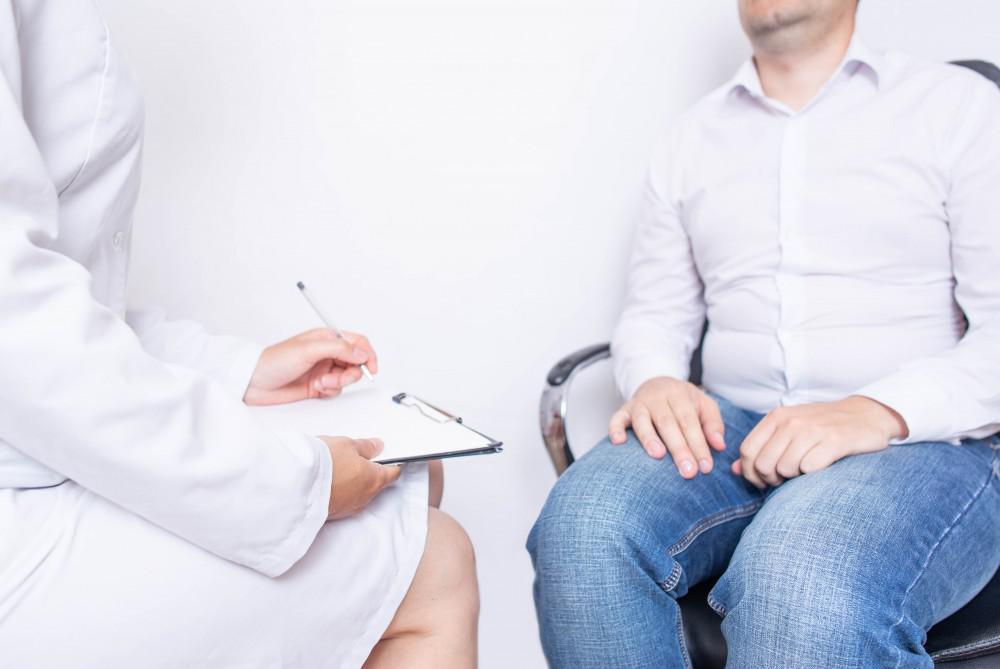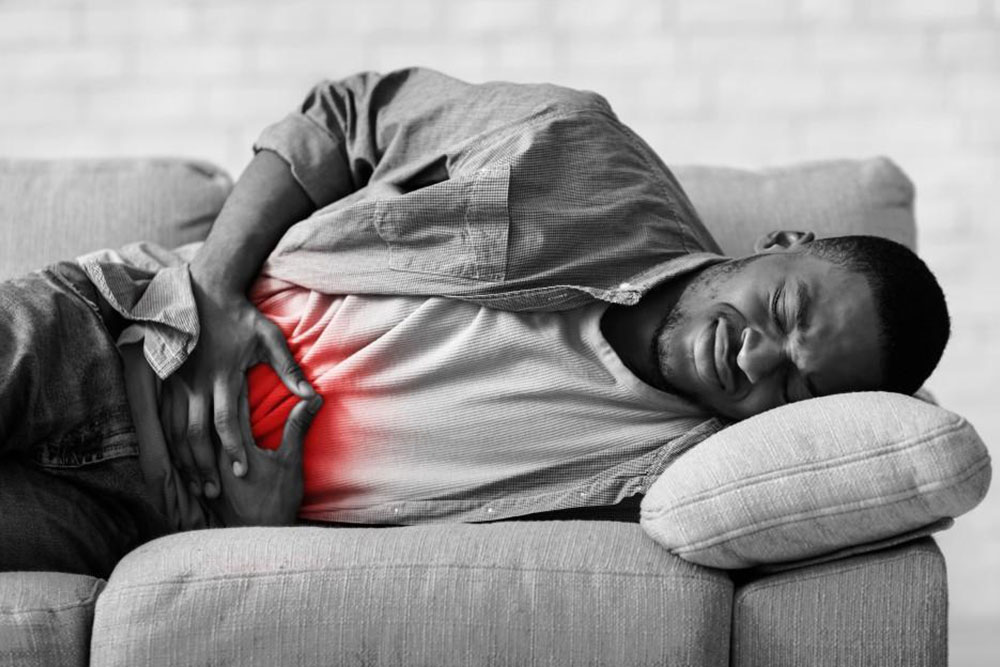What Are External Hemorrhoids?
External hemorrhoids are swollen veins located just under the skin around the anal opening. They can be painful, itchy, or bleed, and often appear as small blue or skin-colored lumps. Unlike internal hemorrhoids, which sit higher up inside the rectum, external hemorrhoids develop at the anal verge.
Common Causes and Risk Factors
- Straining or pushing too hard during bowel movements
- Chronic constipation or diarrhea
- Pregnancy and vaginal delivery
- Sitting for prolonged periods, especially on the toilet
- A low-fiber diet
- Inadequate fluid intake or dehydration
- Family history of hemorrhoids
Signs and Symptoms
- Pain, pressure, or discomfort when sitting
- Itching, burning, or irritation around the anus
- Visible lump or swelling near the anal opening
- Bright red bleeding during or after bowel movements
- Mucus discharge following a bowel movement
How Dr. Rishi Diagnoses External Hemorrhoids?
Dr. Rishi uses a step-by-step approach:
Medical History
He reviews your symptoms, bowel habits, diet, and any risk factors such as pregnancy, chronic constipation, or family history.
Physical Exam
Dr. Rishi performs a careful visual inspection of the anal area to identify swelling, lumps, skin tags, or thrombosed veins.
Digital Rectal Exam
A gentle finger exam allows him to assess internal hemorrhoids, check for tenderness, and rule out other anorectal conditions.
Anoscopy (if needed)
If more detail is required, he uses a small, lighted scope (anoscope) to view the anal canal and confirm the exact location and severity of hemorrhoids.
Frequently Asked Questions
Can external hemorrhoids go away on their own?
Yes. Many shrink with home care measures like adding fiber to your diet, drinking plenty of water, and getting adequate rest.
Do I need surgery?
Not usually. Most cases improve with dietary changes, lifestyle modifications, and in-office procedures.
How can I feel better in 48 hours?
Use a high-fiber diet, apply cold packs, and use over-the-counter creams to reduce swelling and discomfort quickly.
What's the difference between internal and external hemorrhoids?
Internal hemorrhoids form inside the rectum and are not visible, while external hemorrhoids develop under the skin around the anal opening.
What do external hemorrhoids look like?
They appear as soft or firm bumps around the anus, often bluish or skin-colored, and may grow larger if untreated.
Are they dangerous?
Usually not. However, they can bleed, cause significant pain, or become infected if left untreated.
Can I still exercise?
Yes'light activities like walking are encouraged. Avoid heavy lifting and straining until symptoms improve.
How can I prevent future flare-ups?
Maintain a high-fiber diet, stay well-hydrated, and don't delay bowel movements when you feel the urge.
When should I see a doctor?
If you experience severe pain, persistent bleeding, or symptoms lasting more than two weeks, schedule an evaluation.
Are the treatments safe?
Yes. Dr. Chadha uses the latest gentle, minimally invasive techniques with low risk of complications.











